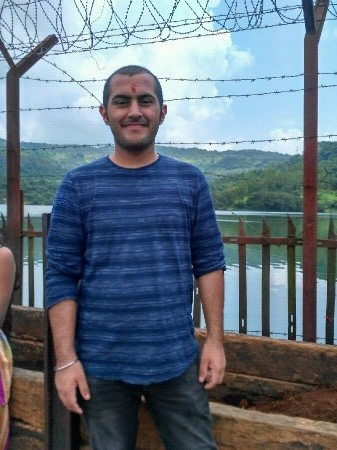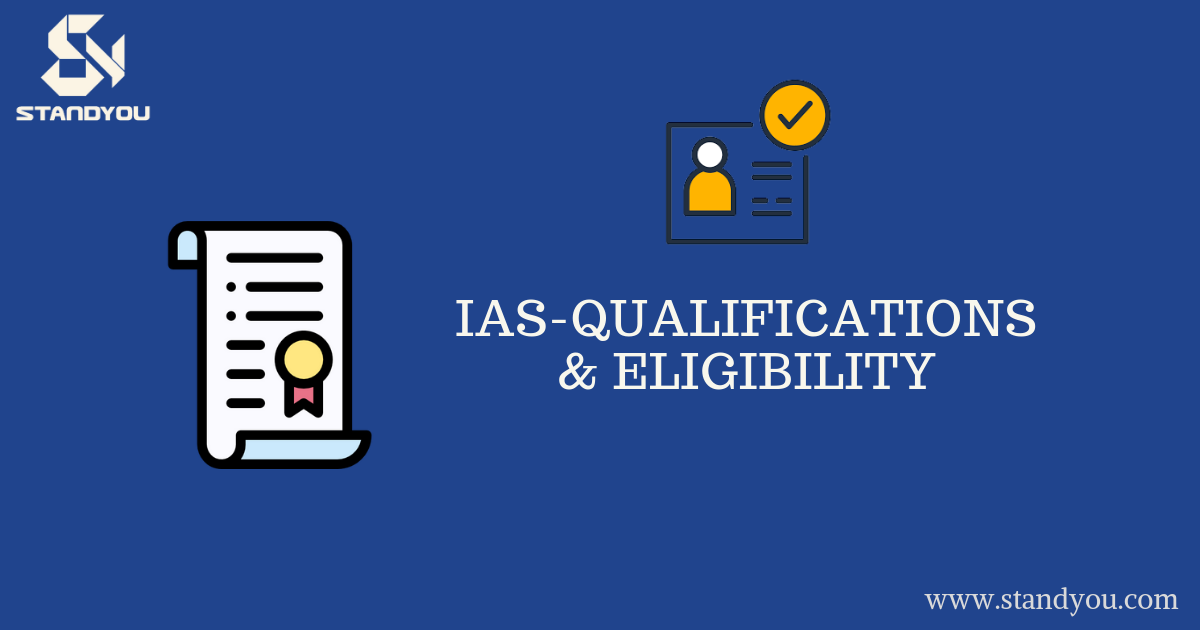Is becoming an IAS Officer is your Dream? Know about the Qualification, Eligibility, Age limit and Attempts for IAS ....

May 01, 2019 01:29:23

Every year, lakhs of aspiring candidates appear for the Indian Administrative Services (IAS) exam, hoping to become an IAS officer. An IAS officer is qualified to hold different positions such as collector, commissioner, chief secretary, cabinet secretary throughout their career.
The test is conducted annually by the Union Public Service Commission. The UPSC is the agency authorized by the government for selection of appropriate candidates each year. The exam is widely regarded as one of the toughest exams to clear, and only a small fraction of applicants end up making the cut. Every year, only about a thousand out of lakhs of applicants are declared IAS officers.
The first stage, Prelims, is conducted around June. The second stage, also known as Mains, is conducted between September and October and the candidates who clear this stage face the interview round, which is the final stage of the exam, in the period between March and May of the following year.
Candidates are removed after each stage, and only candidates who have cleared all three stages are selected to be IAS officers, provided they clear the physical test as well.
The IAS exam treats all applicants equally, seeking to eliminate any bias or discrimination from the selection process. To appear for the IAS exams, applicants must meet certain criteria. Each candidate must have attained the age of 21 before appearing for the exam. The maximum age criteria differ depending on the category one if classified under. The following is the maximum age prescribed and the total number of attempts allowed for members from each category:
In terms of other criteria for eligibility, a key criterion is holding a degree from a University. The University must either have been incorporated by an Act of Parliament (such as the Indira Gandhi National Tribal University or an institution which has been declared as a deemed university by the University Grants Commission. Candidates holding qualifications deemed as equivalent to the aforementioned qualifications are also eligible. There is no minimum passing percentage required for candidates to be eligible to take the test. Regardless of the level of education received, be it a mere graduate or a doctorate, all candidates have to appear for the prelims. Candidates holding professional or technical qualifications are also considered eligible to take the test. Get to know the must-read Books for your UPSC Preparation
Additionally, a candidate applying for the post of IAS officer must be one of the following:
Candidates must also clear a physical fitness conducted by the UPSC which also requires candidates to be mentally fit to be an IAS officer. The commission has designated the following seven hospitals in Delhi to conduct the tests:
Clearing the IAS exam takes consistent dedication and sincere preparation. It is highly recommended to start preparation at least 9-12 months before the prelims stage of examination. The exam looks to test the analytic and presentation skills rather than basic mathematical or verbal skills. All candidates must procure a sufficient understanding of the syllabus well in advance.
The preliminary exam comprises of two papers, which are primarily comprised of multiple choice questions. Both papers are worth 200 marks each. The first paper tests one’s knowledge of general studies whereas the second paper is the general studies test. There is negative marking of 1/3 of the allotted marks in that question. Students who do not clear the cut-off are eliminated and are not eligible to appear for the mains test. Check out Best IAS Coaching in India
The UPSC mains test has a total of 9 papers. There are four papers testing general studies, one paper testing a compulsory Indian language, one paper testing English, as well as an essay format exam. There are two optional papers as well. Candidates with the required cut-off qualify for the interview stage where they are interviewed by members of the UPSC commission.
Candidates can apply for the UPSC exam online, where the admit cards are also issued, which can be downloaded from the official website of the UPSC.
In conclusion, aspiring IAS candidates must ensure that they meet the eligibility criteria and that they are ready to put in dedicated hours to prepare for one of the toughest exams in the world. If they are ready to do so, then they must certainly go ahead and attempt the exam in order to try and serve the country. Delhi is the Hub for UPSC Exam Preparation, Check out Best UPSC Coaching in Delhi which can help you in your UPSC Exam Preparation.